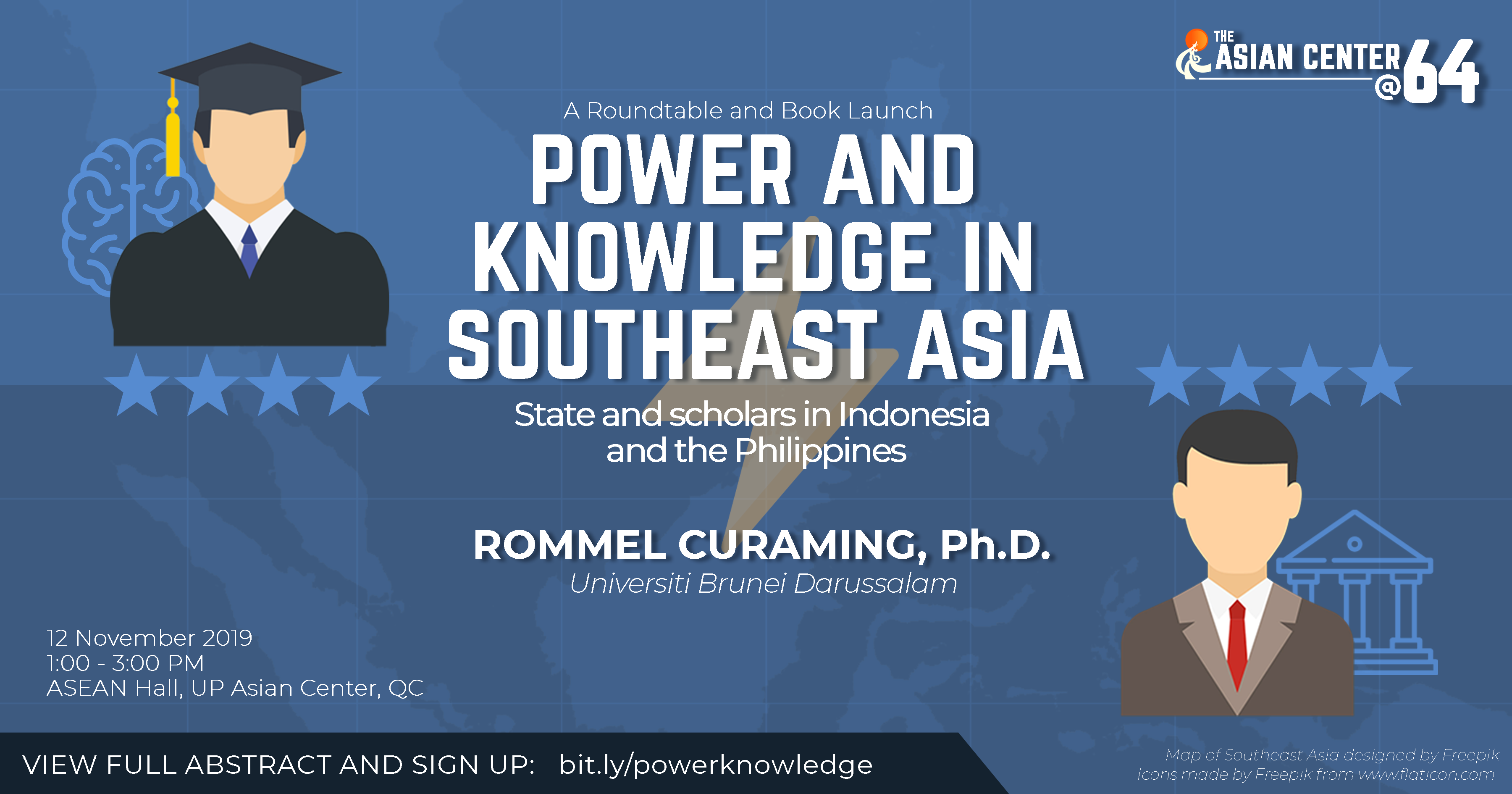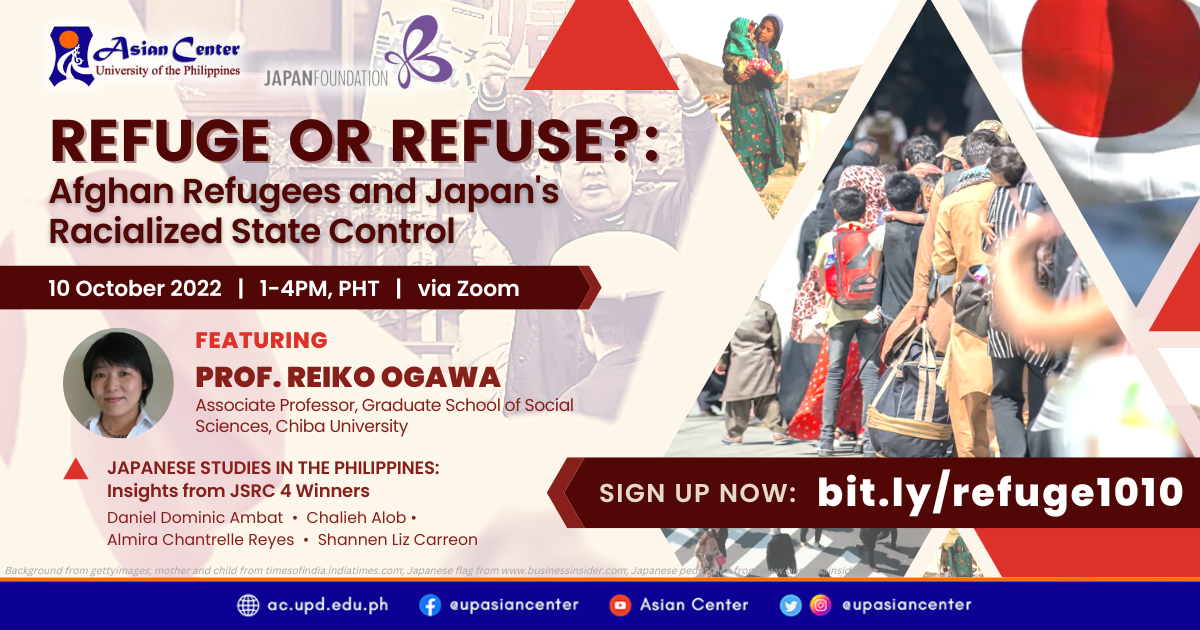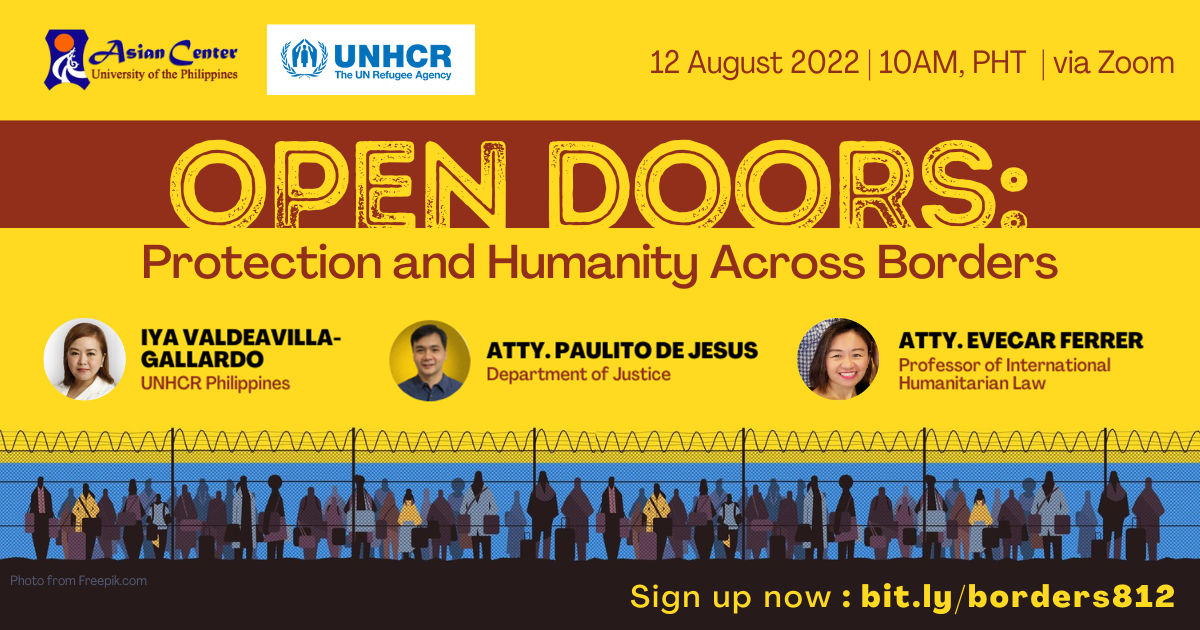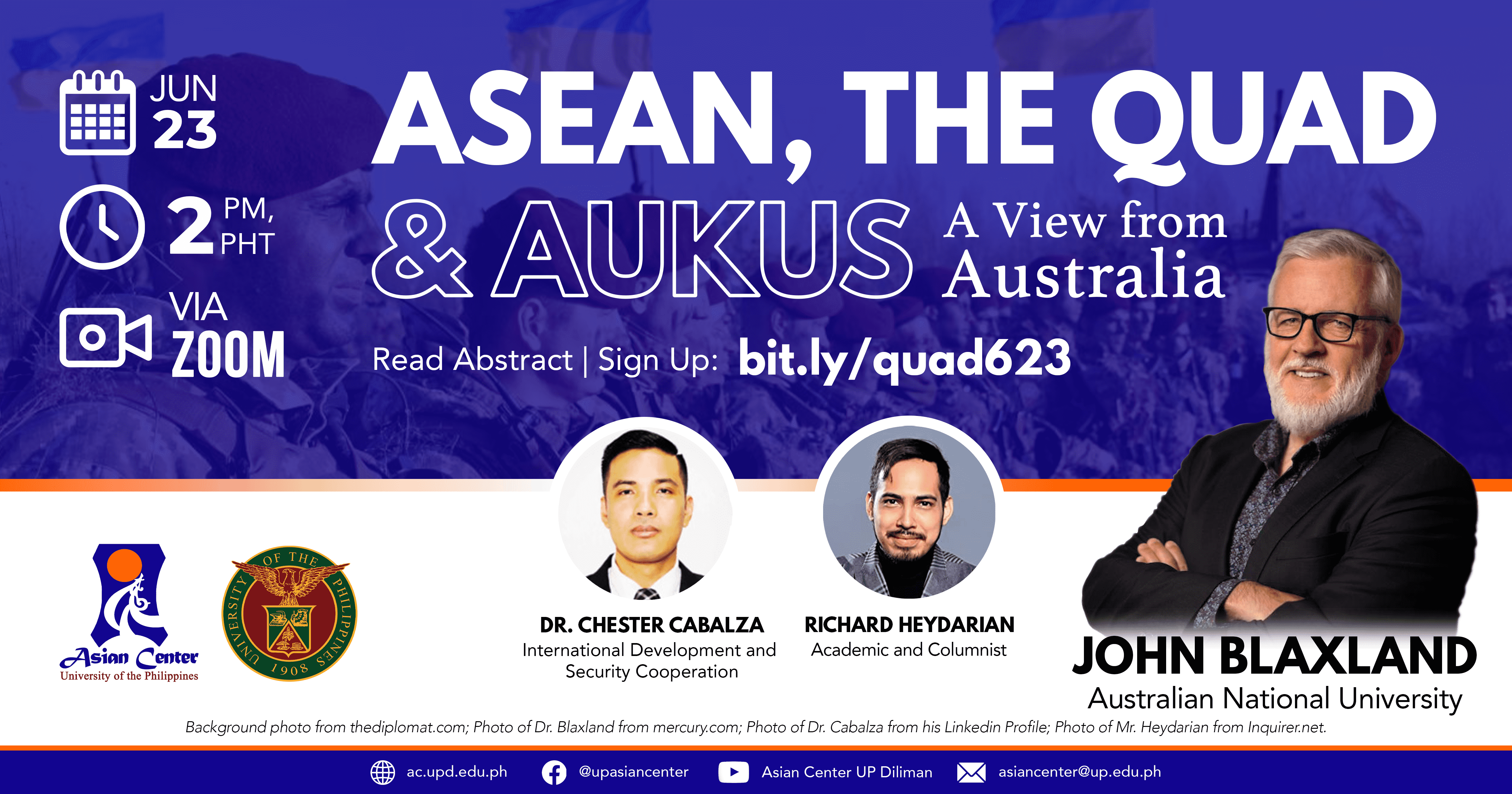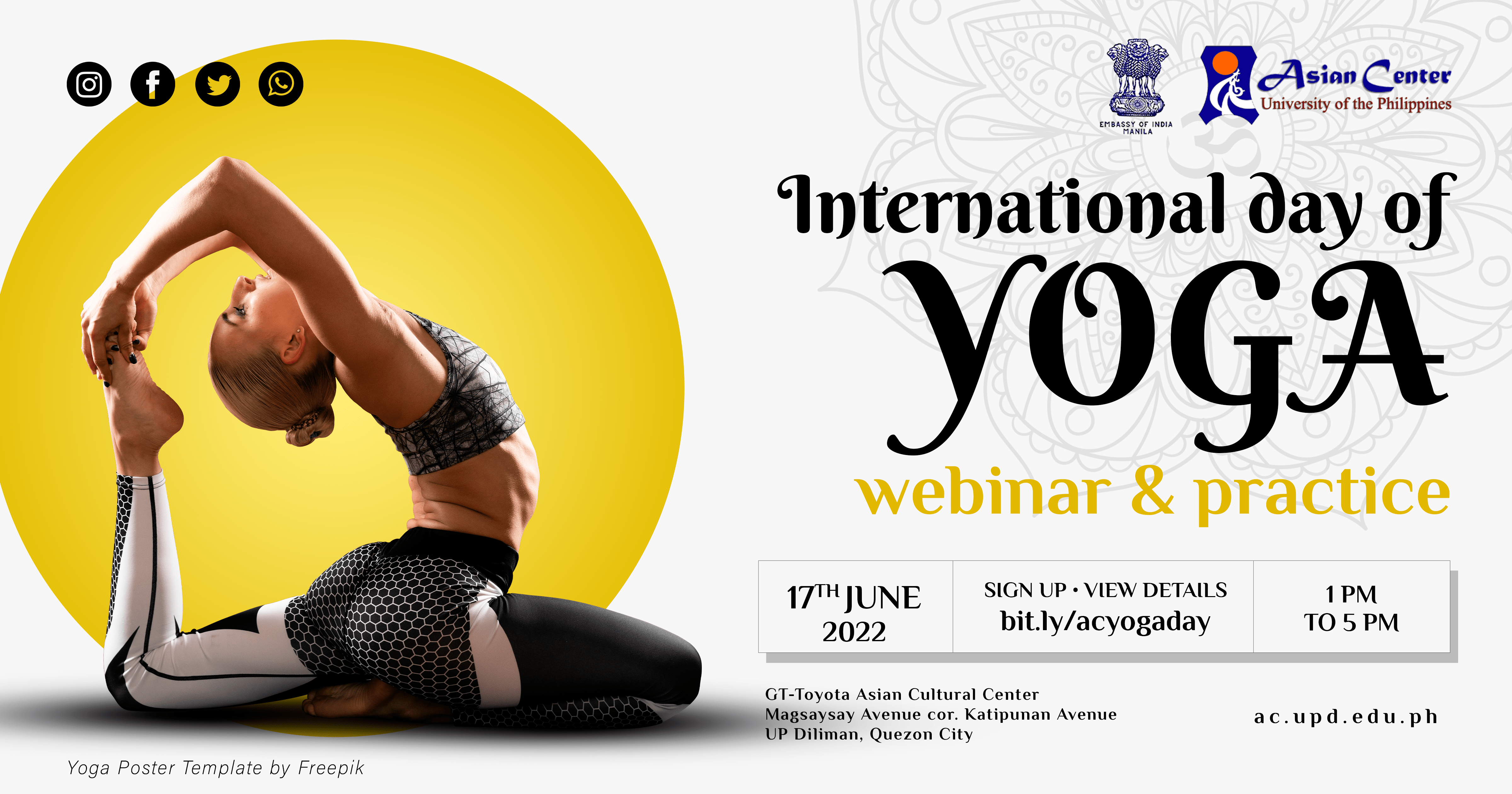The UP Asian Center will be holding the roundtable-book launch of Power and Knowledge in Southeast Asia: State and Scholars in Indonesia and the Philippines on 12 November 2019 at the UP Asian Center, QC. The event is free and open to the public. Seating is first come, first served. Walk-ins are welcome, but participants are encouraged to sign up.
ABOUT THE BOOK
Power and Knowledge in Southeast Asia: State and Scholars in Indonesia and the Philippines comparatively analyzes the dynamics of the state-scholar relations during the Marcos and Suharto years in the Philippines and Indonesia as evident in two official history-writing projects: Marcos's Tadhana and Suharto's Sejarah Nasional Indonesia (SNI). Instead of taking such projects as aberration, which is in line with the popular liberalist critique of “intellectual prostitution” or “treason of intellectuals”, this book argues that the participation of scholars in these projects merely formalizes and renders explicit the transactional encounters happening on daily basis between knowledge of any ideological disposition, type or level of accuracy, on the one hand, and their respective consumers, on the other.
The widely held liberal assumption that good, rigorous scholarship is corrective or antithetical to the political needs to be re-thought as it unwittingly undermines the very progressive vision upon which much of critical and well-meaning scholarship is built. As I show in this book, (1) it is more the context of the actual knowledge use, rather than the content or authorial intention, that ultimately decides the political; and (2) the strength of politics precisely lies in at least the appearance of accuracy or objectivity of knowledge. The solution seems to lie not mainly in more rigor or accuracy of critical scholarship, for accurate or not, it is how knowledge is actually understood, used and misused on the ground (and in digital world) that determines the material impact on the people.
TABLE OF CONTENTS
• Indonesia and the Philippines: A Contextual Comparison
• Genesis of Tadhana Project
• Tadhana in Political and Historiographic Contexts
• The Making of Sejarah Nasional Indonesia (SNI)
• SNI: Contents and Contexts
• The Calculus of Power–Knowledge Relations
DISCUSSION/ROUNDTABLE
Details, roundtable participants to follow
ABOUT THE AUTHOR
Rommel Curaming is an Senior Assistant Professor at the Universiti Brunei Darussalam. He is the Program Leader of the History and International Studies Program and the Coordinator of the Southeast Asian Studies Program. He obtained his PhD from the Australian National University. His research interests include history and memory political violence, popular culture, heritage-making, postcolonial theory and decolonization.
ASIAN CENTER'S 64TH ANNIVERSARY
This event is part of the Asian Center's 64th anniversary celebrations. View full list activities and sign up.
INQUIRIES and VICINITY MAP
For queries, please email This email address is being protected from spambots. You need JavaScript enabled to view it.. View vicinity map.
The Asian Center offers M.A. degrees in Asian Studies with four fields of specialization: Northeast Asia, Southeast Asia, South Asia, and West Asia. The Center also has an M.A. program in Philippine Studies that allows students to major in Philippine society and culture, Philippine foreign relations, or Philippine development studies. The Center offers a Ph.D. program in Philippine Studies in conjunction with the College of Arts and Letters and the College of Social Sciences and Philosophy. For an overview of these graduate programs, click here. The Asian Center also publishes Asian Studies: Journal of Critical Perspectives on Asia, the latest issue of which can be downloaded atthe journal's website. For other news and upcoming events at the Asian Center, click here.


